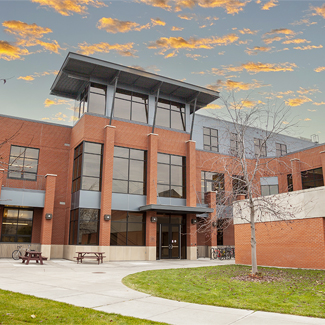Alumni Spotlight
Nicole Siefert
March 2022
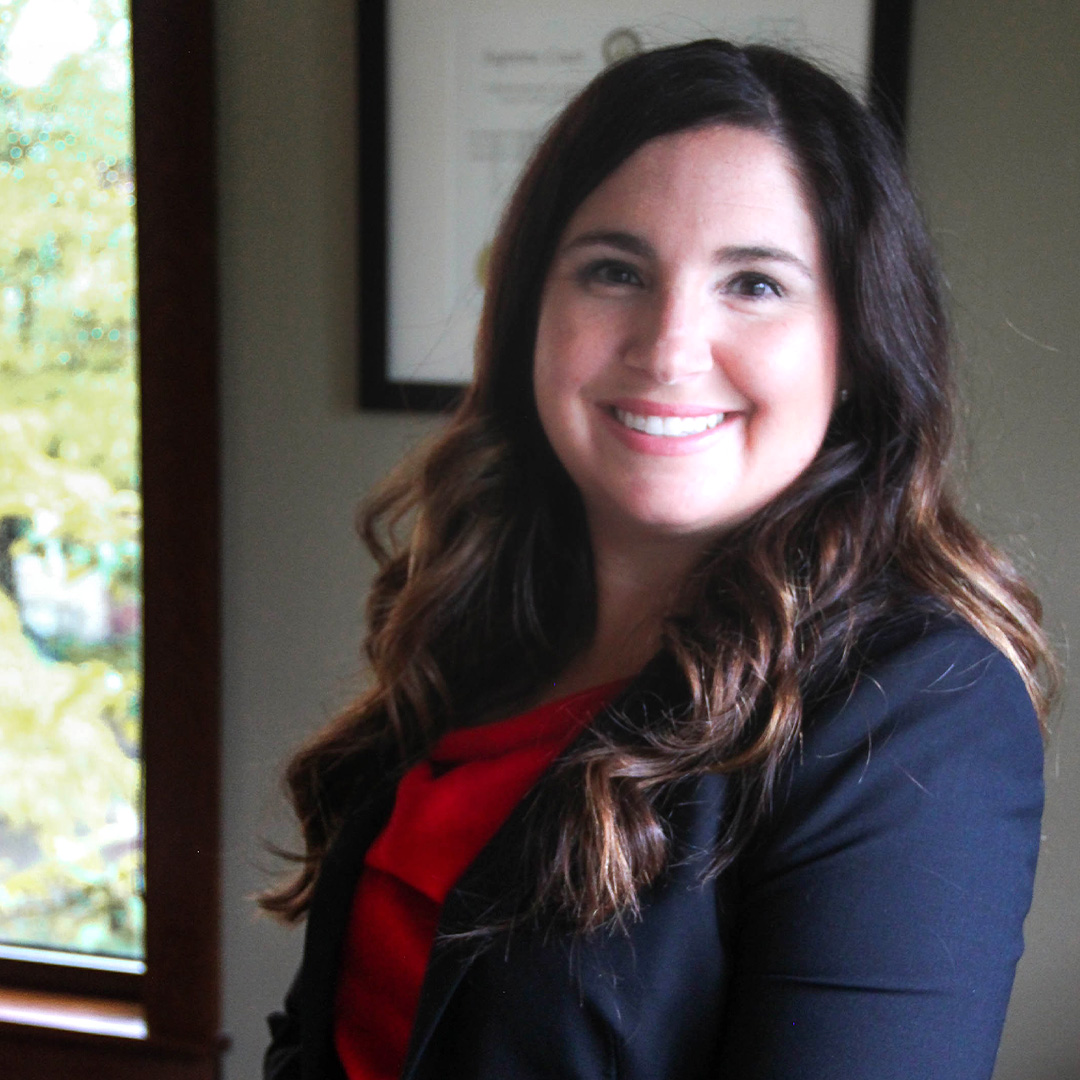 Right out of law school I started working at Moriarty, Badaruddin & Booke in Missoula. Ed Moriarity came to speak at the law school my first year and talked about representing individuals against large corporations. He talked about helping these people and making the changes we see today in our everyday lives, things like car seats for kids and hotel room keys that change with each guest for their protection. If you had the privilege to know Ed, you know he was an amazing storyteller. I knew right then that I wanted to be a plaintiff’s attorney. Ed passed away last year and I was so fortunate to get to work with him and soak up every last bit of wisdom he had to give. I got licensed to practice in Nevada my first year out of school, and traveled a lot my first four years to help with cases in Nevada. I am from Las Vegas, so it was a benefit to fly home to take depositions and attend hearings. I was mentored by the finest plaintiffs’ attorneys in the business and I am so grateful I got to start off my career working for them.
Right out of law school I started working at Moriarty, Badaruddin & Booke in Missoula. Ed Moriarity came to speak at the law school my first year and talked about representing individuals against large corporations. He talked about helping these people and making the changes we see today in our everyday lives, things like car seats for kids and hotel room keys that change with each guest for their protection. If you had the privilege to know Ed, you know he was an amazing storyteller. I knew right then that I wanted to be a plaintiff’s attorney. Ed passed away last year and I was so fortunate to get to work with him and soak up every last bit of wisdom he had to give. I got licensed to practice in Nevada my first year out of school, and traveled a lot my first four years to help with cases in Nevada. I am from Las Vegas, so it was a benefit to fly home to take depositions and attend hearings. I was mentored by the finest plaintiffs’ attorneys in the business and I am so grateful I got to start off my career working for them.
After four years of doing solely plaintiff’s personal injury work, I added in business, property and probate litigation when I started at another firm- Sullivan Tabaracci & Rhoades. I have been doing this mixture of civil litigation for the past nine years. I opened Rhoades Siefert & Erickson in 2015 and worked there for almost six years. I got to take numerous cases to trial, including a homicide case. It was a great experience, and I cherish the time I spent there growing as a professional. During that time, I was also an adjunct professor at the law school for a semester. Most recently, I started coaching the Negotiations Team. Working with young aspiring lawyers has given me so much hope for the future of our profession.
In December of 2021, I broke off from my law firm and became a solo practitioner. I am still focused on civil litigation and personal injury. It is an exciting adventure to be on your own. So many lawyers have reached out to help and offer much needed advice. We are lucky to have such an amazing legal community in Montana.
I went to law school to help people, and I am lucky enough to do that each and every day. I have a close relationship with my clients. After my first year of law school I knew, I would focus my practice on plaintiffs’ work and do not foresee that changing.
As a solo practitioner, I am enjoying the freedom to take the cases I want to take. I have an office share with a great group of people and have made so many connections in the legal community that it is easy to troubleshoot when an issue arises.
The biggest challenge I have overcome in my law career is continuing on when times are hard. Leaving a law practice is hard. Telling a client you think they are going to lose is hard. Parenting and running a law practice during COVID is hard. Losing a jury trial is really, really hard. All these hard things build character. The legal heroes we all admire did not get lucky; they learned from their mistakes and carried on. In plaintiff’s litigation you learn this early, and have to either grow or go.
The advice I offer current students is to join the clubs. Go to the free lunches. Meet all the people. I always knew I wanted to make a difference in people’s lives, but I did not know what that looked like until I went to a free lunch put on by the student chapter of Montana Trial Lawyers and heard Ed Moriarty speak. That single decision helped form the lawyer I am today. I truly love the practice of law and that love manifested in law school.
I stayed in Montana after law school because of the connections I made while I was at the University of Montana School of Law. Montana has such a small bar, that getting to know the people in the profession has really made a big difference. I keep in touch with a lot of my professors and have even had the opportunity to work with them. Maintaining my relationship with the law school after graduating has been a huge benefit.
Tony McCormick
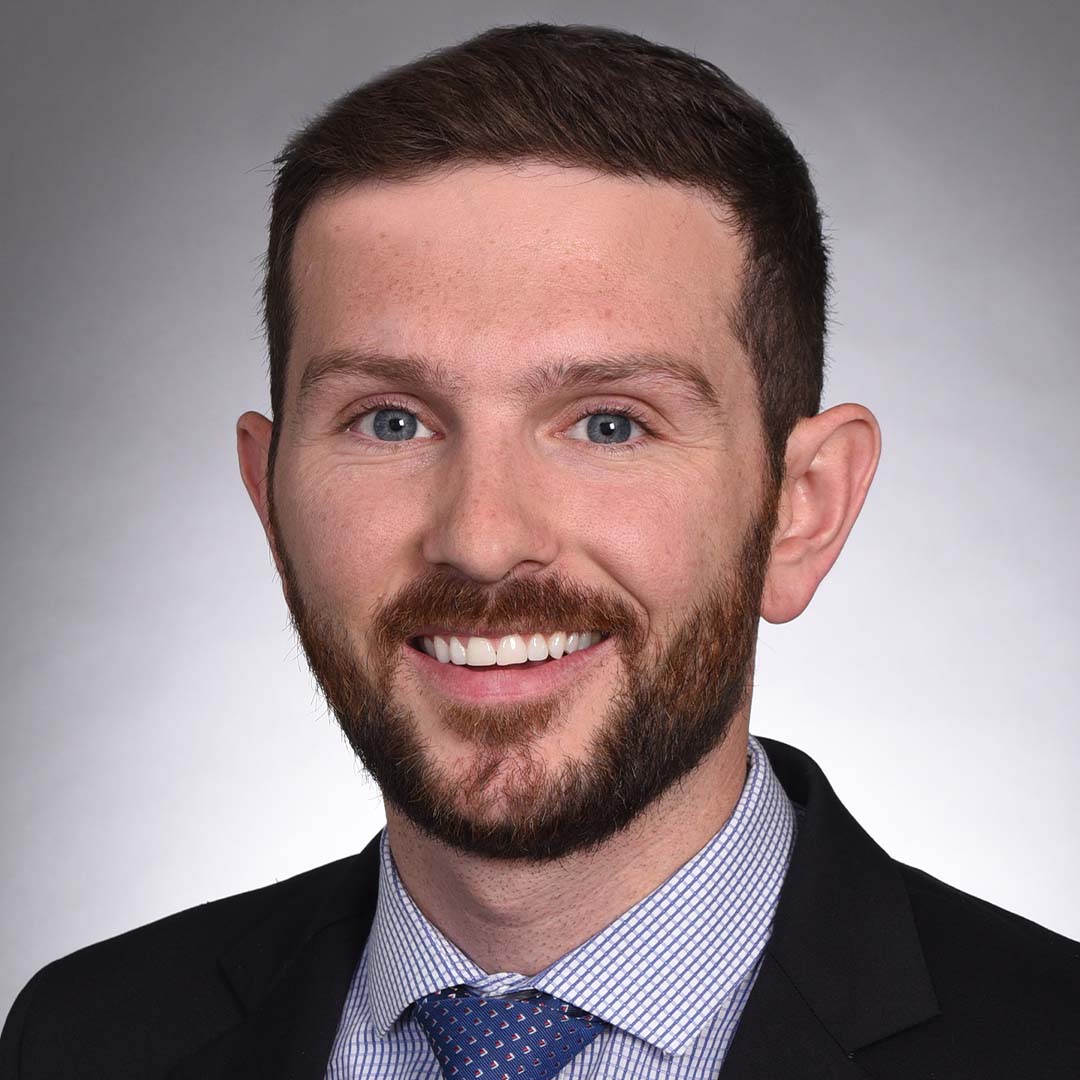 December 2021
December 2021
I am a partner at the law firm Perkins Coie in Seattle, Washington, and work in the Trusts and Estates group for the firm. In my practice, I work with clients in both the tax and non-tax aspects of estate planning, and I advise individuals and tax-exempt organizations on the wide range of legal issues affecting charitable giving, the formation of nonprofit organizations and the organizational steps required to maintain a charitable organization's tax exempt status. While much of the work is based on the technical application of the law, estate planning and charitable giving are inherently personal and require a lot of non-technical planning and approaches.
When entering law school after obtaining an accounting and psychology degrees from the University of Montana, I envisioned that I would end up practicing some sort of business law. That interest only grew while attending law school after taking business, contracts, bankruptcy and tax courses. After law school, I enrolled at New York University to obtain my LL.M. in taxation (or what I called “a bonus year of law school”). Upon completion of my LL.M., I was not exactly sure where I would end up, and my hope was to find a job back on the west coast to be near family. Luckily, despite the lingering effects of the financial crisis, I was able to get an associate position with my current firm in a group that was well suited for my personality and background.
I really enjoy my current position because of the broad range of legal issues and non-legal issues that I have the opportunity to work on each day. As an estate planning attorney, you have the opportunity to touch so many aspects of the laws—real estate, public company work, private company work, private equity, litigation and many more areas—while working with clients on an intimately personal level to help them determine how they wish to pass those assets to their family, friends or charity. The objectives of clients vary greatly, and it is very fulfilling being able to help clients to develop a plan to achieve those goals. I often know more about my clients’ families and financial circumstances than their closest friends and family members. I appreciate and cherish these relationships and feel privileged to assist in fulfilling their personal wishes.
Being an attorney is difficult and demanding. It causes stress that you carry all hours of the day, it generally requires long hours, and the job can present difficult questions that may not have clear answers. The practice of law is a business, and many of us never operated a business before. You deal with clients who many times have a different perspective on the world than you or understand concepts in different ways. All of these challenges are difficult to deal with but are particularly challenging as a new lawyer when you do not yet have a strong hold on the subject matter in your area of practice. Over time, with experience, a little bit thicker skin, a good personal and professional support system and a little more confidence, these challenges are what make the job fun and interesting.
For current law students, my advice is simple and not novel—find a job that you find interesting and find people to do it with that you enjoy. The job will not always be fun, but it will be a lot better and a lot more fulfilling if you are doing something you find interesting with people who can help make you better at it. I always knew that my fit with those around me was extremely important, and, looking back, I now understand how lucky I was to start my career in a practice area I enjoy with a group of people who were invested in my growth and success as an attorney.
I am so happy that I attended the law school at the University of Montana. The program’s focus on the practical application of law prepared me for practice in a way that many other law schools do not. In addition to the clinic experience, I have come to realize over time how the classroom experience at the law school is different than other law schools and also greatly prepared me for the practice of law. I certainly think that the Alexander Blewett III School of Law is the perfect place to attend if a law student intends on practicing law in or out of Montana and offers the right amount of classic classroom experience and practical experience to set a student on the right path to become a successful attorney. I feel lucky to have been a student there.
Audrey Cromwell
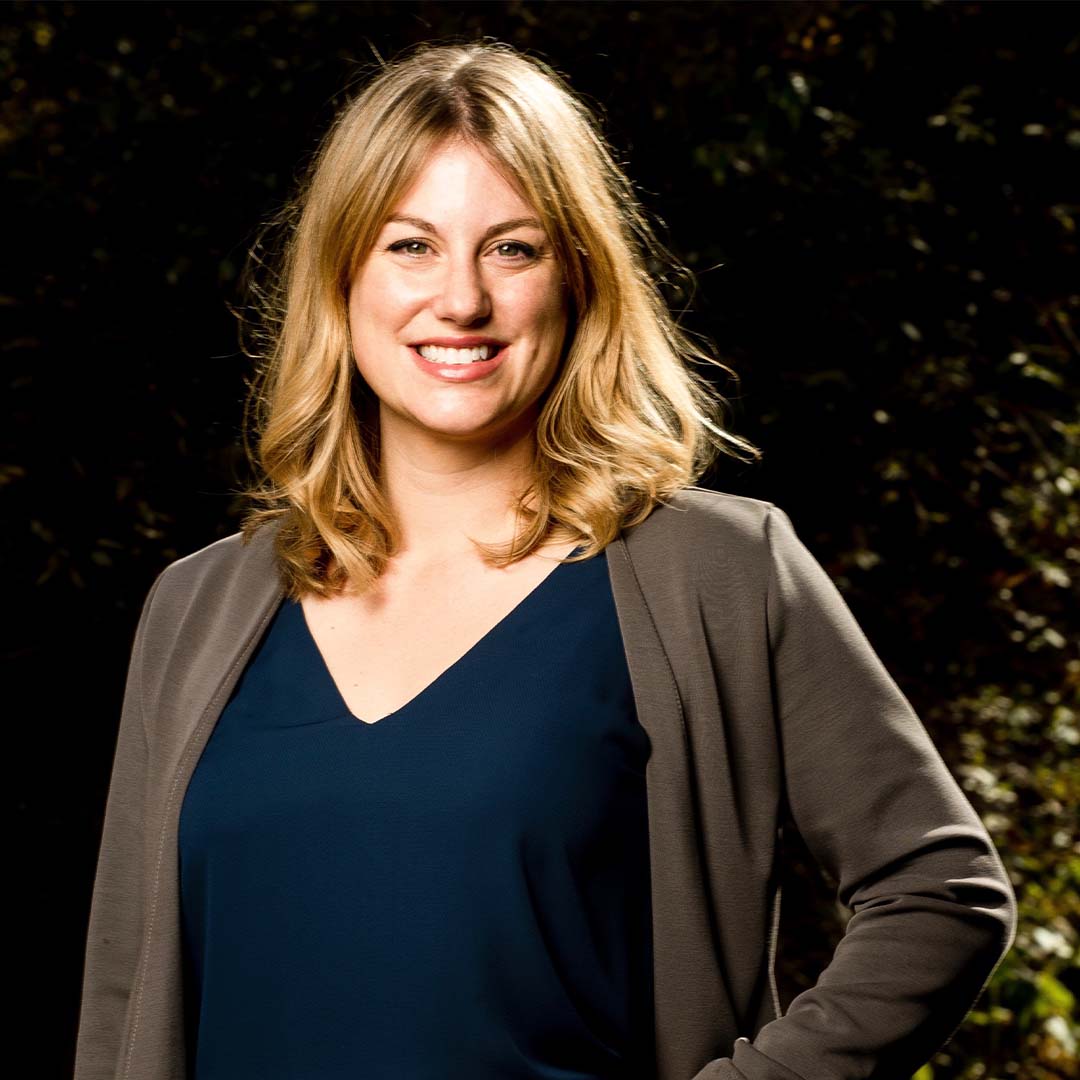 September 2021
September 2021
As a kid growing up in Billings, I most admired those businesspeople, educators, athletes, artists, professionals and others in my life that sought out bold opportunities to better themselves and more importantly, their communities. At the time, I didn’t quite understand how these incredible people successfully navigated all the risk that comes with great opportunity – risk to oneself, to one’s reputation and career. I later realized that none of these folks took on those risks alone. Most had support from their loved ones, their colleagues and their communities.
Of course, building a community of support cannot be instantaneous, forced or contrived; it must be organic, and it takes time. Luckily, law school allows us to forge strong and lasting friendships. Through the shared anxiety of exams and shared relief of Fridays at Five, it didn’t take long to recognize the relationships created in law school would sustain and support us all throughout our careers.
I noticed it start to happen 3L year. Armed with encouragement from our classmates and advisors, I put my name in the hat for editor-in-chief of the Montana Law Review – and a friend and I were both selected! Our peers gave us a platform to lead Law Review staff, increase circulation and modernize the Review by taking it online. Having that shared support and taking that risk led us down an amazing path where everyone on Law Review that year wound up connecting with State Legislators, State officials, Congressional members, prominent community leaders, lawyers, ranchers and outfitters, some of whom who are still a part of our legal support community to this day.
Later, when I left a government job at the Billings public defender’s office to start my law practice – a risky (and terrifying) decision for a 29-year-old attorney – I knew my friends and colleagues would support me, answer my calls, and send me referrals. The challenges I navigated were not navigated alone. Likewise, when my friends and colleagues reach out, I always welcome the opportunity to support them.
A couple of years after starting my firm, Montana State University sent out a request to the local bar seeking a law firm to partner with and provide legal services to students. I knew it was an incredible opportunity: to contribute to and be a part of the University community. But I also knew it would be challenging for my little firm to serve over 500 MSU students every year plus run a clinic in addition to our private practice. So, I reached out to colleagues to see if they would be interested in joining the firm to support the endeavor, and they were. My firm was able to jump at the opportunity and thrive – ASMSU Legal Services won program of the year at MSU twice in the past four years.
It’s amazing how opportunities build on each other. As part of our ASMSU Legal Services community outreach efforts, we met with Justice Court justices and Municipal Court judges to discuss how we can help their courts via better assistance for pro se MSU student defendants and litigants. After working with the court for some time on various initiatives, Judge West unexpectedly asked if I would consider substitute judging for him. I have been a pro tem judge for Gallatin County Justice Court for seven years now and was just recently asked to substitute judge in Bozeman Municipal Court as well. There was, of course, risk in agreeing to start judging as a relatively young attorney, but because I had the full support of the court and clerks, it was possible. I’ve now been encouraged to run for a District Court judge position that will become available in our County next year. Again, an opportunity that comes with a lot of risk, but I know I can rely on my community to buoy me up – regardless of the outcome – and so I’m going to run.
As law students and attorneys, we are in such a unique and awesome position to support not only our clients in difficult and stressful times but each other as well. And when you support your community, you can feel so much better about taking a risk and trying something new because you know that community will have your back. Many of you have already started forming your community in law school, but after graduation if you’re looking to expand it even further, there are plenty of Montana Law alums who are more than happy to meet for a coffee or beer. Me included.
Danna Jackson
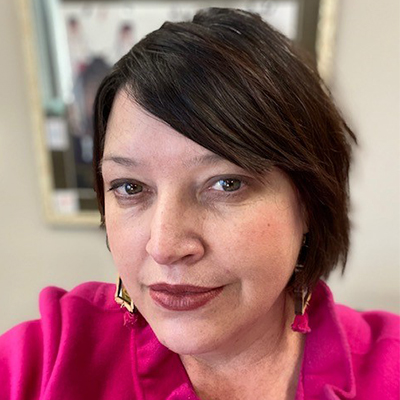 May 2021
May 2021
I am senior counselor to the Bureau of Land Management director at the Department of Interior as an appointee in the Biden-Harris administration. It is a policy position, so I have had to reframe my approach to solving problems. Every day, I work on initiatives that will stem climate change, which is interesting and important.
I was extremely young when I graduated from law school and did not have a true appreciation regarding what one can accomplish with a law degree, but I knew I wanted to work in the area of natural resource and Indian law. In my career path since law school I have reinvented myself many times as a lawyer, but most of the positions I’ve held have been in that area of the law.
In the past nearly 25 years, I’ve been in both private practice and public service. I am a unique lawyer in that I have both litigated—federal, state, tribal, and for the Ninth Circuit—and have served in policy positions. I have practiced in Montana and Washington, D.C.
Attending law school in Montana has been an asset to me, especially as it relates to my practice in Montana. I am still in touch with my classmates, many of whom immediately take my call and walk me through a tricky issue that might be outside my wheelhouse -- we help each other. But attending law school in Montana has been helpful to my practice in Washington, D.C., too. UM Law has a great reputation among agencies important to the American West. I work alongside Ivy Leaguers who ain’t got nothing on a Griz.
Throughout my career, the biggest challenge as a lawyer has been work-life balance. I am very lucky to have an accommodating partner who juggles kids, laundry, etc. as well as family and an awesome village of people who keep me on the level.
The advice I would offer current law students is to, early in their career, find a mentor who will give them the brutal truth regarding how to improve, especially in the area of writing. Also, be nimble and be nice!
Matthew Lunder
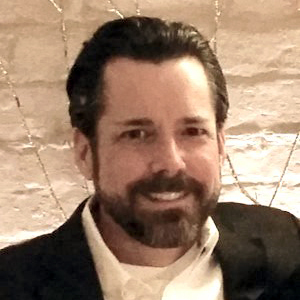 March 2021
March 2021
Matthew Lunder graduated from the University of Montana School of Law in 2006. He is the author of The Concept of Ordered Liberty and the Common-Law Due-Process Tradition.
Like all who enter any field of theory and practice, law students possess to varying degrees concretized notions of professional ambition. Many of my classmates had at least semi-solid plans for their professional futures. I did not. I didn’t know where I’d end up when I began law school. But this doesn’t set me apart. Does anyone really know where they’ll end up when they start anything? Don’t all of our actual experiences occur within a universe of infinite potentiality? I came to law school with a background in political science, a lifelong interest in philosophy, and a desire to better provide for my then young family—to explore a career that would take me farther than had a decade in the building trades.
My second-year business organizations professor told us a judge on the Ninth Circuit Court of Appeals was accepting applications for law clerks, for the term beginning the year after graduation. I applied. This judge, I learned, had been pleased with clerks who’d attended small state schools in the Pacific Northwest. I was fortunate enough to eventually work with him, where he explained that he’d hired from all over the country, and had no complaints about the quality of work from anywhere—from Harvard, Stanford, and Yale to Idaho, Montana, and Washington. But the folks from the smaller state schools were often more grounded and well suited for the collegiality essential to the proper administration of justice.
Judge Trott had been a U.S. Attorney and Associate Attorney General of the United States—he was a federal prosecutor before he was a judge. In his chambers ego took a back seat to intellectual and institutional integrity. Reading the transcripts of proceedings in the trial courts, we law clerks would ask from our naive perspectives at the appellate court: “How’d they let that happen?” I learned a lot listening to his answers, however unable I was then to appreciate their significance to my own career. In criminal cases where the conduct of the government was under scrutiny, his insight into the role of a prosecutor, what it is and what it requires, would later be a guiding light.
I served as a law clerk again, this time at the federal district court in Missoula for the Honorable Donald W. Molloy. We had met in a philosophy of law course he was co-teaching, and he later invited me to apply for a law clerk position to commence when I finished at the Ninth Circuit. He was renowned for trying cases, and in his courtroom I found actual answers to those questions my co-clerks and I had asked at the appellate court. Watching trial after trial I’d say to myself, “Ah. So that’s how it happens.” I learned a lot in Judge Molloy’s chambers working on interesting, difficult, and at times emotionally demanding cases. And I learned the value of making the effort to apprehend the system we’ve designed to afford due process, and of understanding those who practice law as stewards of it.
Like all federal law clerks then, I received an invitation from the U.S. Department of Justice honors hiring program to submit an application. I selected options for various positions, submitted my materials, and hoped for an interview and an offer to join DOJ. During one week I flew from Missoula to Washington, DC, Arizona, and California, sitting for four interviews along the way. One was with the Antitrust Division in DC, where I told the panel of attorney interviewers that my love of complexity made civil litigation interesting, but at the same time the procedural track that defines criminal cases appealed to me. I wondered if criminal antitrust enforcement might be a place where these two interests converge. Eleven years later I’m still working on wonderfully complex cases that nevertheless follow a straightforward path the rules of criminal procedure prescribe; pursuing cases that touch the economy in numerous sectors and in myriad ways; investigating and prosecuting abuses in health care, labor, and financial markets, government procurement, and product markets ranging from the parts installed in automobiles to life-saving drugs.
My career with the federal government has afforded wonderful opportunities. What good fortune to land in the chambers of two federal judges. And in addition to the compelling work at DOJ Antitrust, the Department afforded me three detail opportunities during my tenure: one as a Special Assistant U.S. Attorney, where I helped prosecute cases in the Fraud and Public Corruption Section of the U.S. Attorney’s Office for the District of Maryland; another as Counsel to the Director of Criminal Enforcement for Antirust, where I worked with senior division managers on policies and practices governing national antitrust criminal enforcement; and finally at the White House Office of Management and Budget through a leadership development program—a unique opportunity to work at the center of government and assimilate executive-management theories and skills.
I didn’t embark on my journey into legal practice with these specific goals in mind. How could I have known that seeking the union of substantive complexity and procedural alacrity would lead me to antitrust criminal enforcement, the USAO in Baltimore, and OMB? How could I foresee that I would be afforded the opportunity, while clerking for Judge Molloy, to teach a section of philosophy of law—the same class where I’d met him—based on my own scholarship? And that this work would eventually become a book and my first published work, perhaps paving the way back to the classroom to teach its content, now in the light of over a decade of professional experience? How could I have appreciated then the challenge of trial work, the tremendous emotional cost it exacts of its participants, and its rewards?
Life is like an algorithm. The input of each endeavor is the output of one prior, and the output of this one is the input for the next. It’s a process of learning along the way, deriving meaning from how the past informs the present and hoping for the future. We learn as we go, and over time the iteration takes us in a direction—some of us to the practice of law. And regardless of which domain of this profession we inhabit, the meaning of our practice deepens when we understand what we do as part of a comprehensive enterprise. When we see ourselves as actors in the drama of civil society’s unfolding into history, a history we are making now, as stewards of a rich tradition that has something important to do with how we as a civil society govern ourselves. So have courage and keep going, even if you don’t know where you’ll ultimately end up. I still don’t. Does anyone ever, after all?
April Youpee-Roll
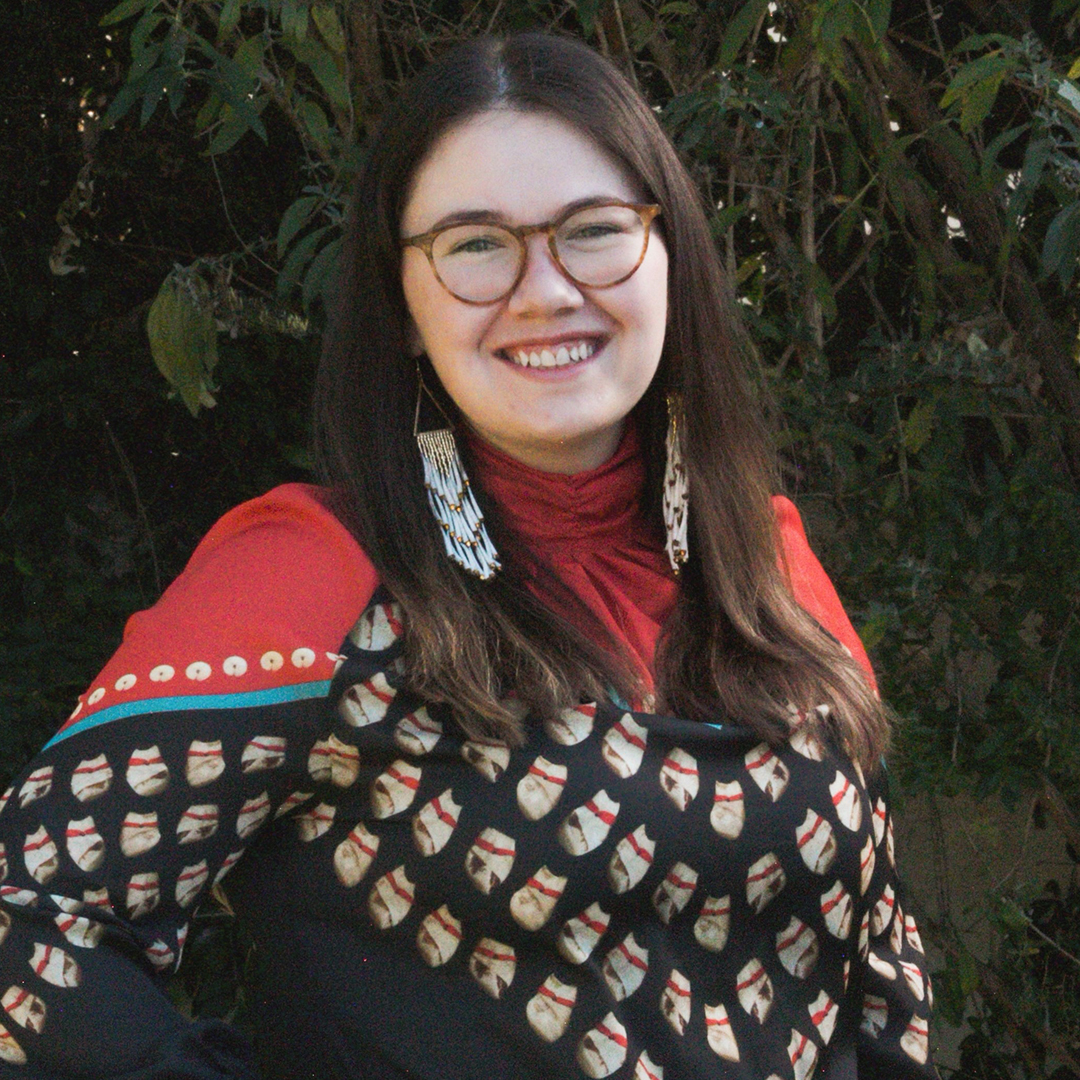 January 2021
January 2021
I graduated from UM law school in 2017. After graduation, I was lucky enough to have the two best jobs ever: I clerked for the Honorable Brian Morris in the Great Falls Division of the District of Montana, then for Chief Judge Sidney Thomas on the Ninth Circuit Court of Appeals. Following my clerkships, I joined the Los Angeles office of Munger, Tolles & Olson as a litigation associate.
When I started law school, I never imagined I would someday be a litigator at a big law firm. I had taken six years off after college, and spent most of that time working in the policy world. I’m also a Fort Peck tribal member and I was raised to know and love Indian law—my uncle, another UM law alum, argued a case before the Supreme Court when I was a kid, and my mom made sure I understood the foundations of our case before she’d take me to Washington to watch the oral argument. I studied Indian law at Montana, participated in the Indian law clinic, NALSA and NNALSA moot court. We all build on what we already know when we’re trying to learn something new, and Indian law was that foothold for me. But I would not have assumed, given my background and interests, that my current job would be the right fit for me.
It turns out that I was wrong. I love my job. The expectations are high, and the pressure can be, too, but I get to solve challenging problems for my clients every single day. I work alongside brilliant colleagues and thoughtful mentors. The work is exciting and rewarding. The firm supports and encourages my growth as a lawyer and values me as a person by supporting my interests.
It sounds really corny, but I think the biggest challenges I’ve had to overcome so far in my career have been limitations of my own making. I have long described Indian law not as discrete topic but as a master class in every other area of the law. But as I figured out what to do post-clerkship, I thought of myself as a candidate with a niche interest that would limit my job prospects. Wrong again; I can’t think of a better path to prepare for a general litigation practice. In addition to Indian law—which has actually been a substantial part of my practice—I’ve worked on issues arising in legal malpractice, unfair competition, education law and Title IX, and sensitive investigations. Nothing could have prepared me for a generalist practice better than my Indian law background. I think studying a subject that requires an interdisciplinary approach makes for nimbler, more creative thinkers and better advocates.
I suppose that leads nicely into my advice to current law students. Don’t limit yourself. I encourage you to mentally take a step back from your vision of yourself and think about the skills you have and will develop throughout your educational career apart from your specific interests or experience. Ask yourself what you have learned from the things you love that have made you a better lawyer, and what can you do with those skills. I think you’ll find that doors open that you didn’t even realize were there. By the same token, don’t sell yourself short or be afraid to try new things. Make the case, to yourself first, for why you are not only qualified but the best person with the most valuable perspective for any job you might want in the future. Oh, and also, apply to clerk. You won’t ever regret it, and you’ll come away with experience, yes, but also friendship and mentorship that will last long after your term in chambers.
I can’t say enough good things about my time at UM Law. I chose this school because I wanted to practice in Montana and because it was important to me to choose a law school that recognizes its duty to serve tribal nations and individual Indians. I expected that I would graduate well versed in substance and prepared for whatever came next. What I got out of my three years at Montana far surpassed expectations. I graduated as a prepared advocate but also as a better citizen, with a community of role models and mentors to rely on. I have found the lessons I learned about collegiality, professionalism and integrity to be the most valuable and unique among my peers who attended other schools. UM equipped me with a poise and a professionalism that has served me well, even though circumstance has found me far from home.
